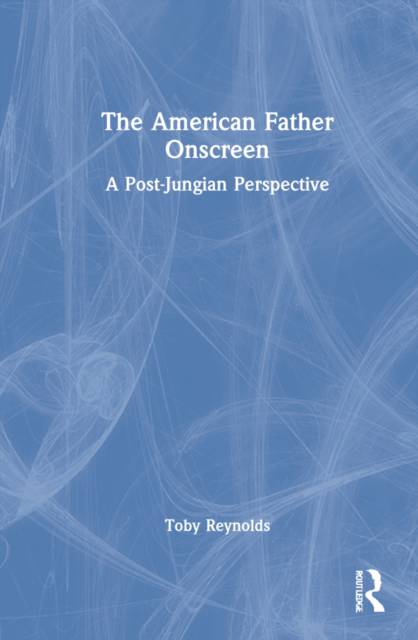
- Retrait gratuit dans votre magasin Club
- 7.000.000 titres dans notre catalogue
- Payer en toute sécurité
- Toujours un magasin près de chez vous
- Retrait gratuit dans votre magasin Club
- 7.000.0000 titres dans notre catalogue
- Payer en toute sécurité
- Toujours un magasin près de chez vous
Description
The American father is constantly depicted by contemporary Hollywood as being under pressure and forever struggling, but why? By utilising an analytical psychological approach, this fascinating book reveals the depths, complexities and nuances of the depictions of the American father and his struggles with contemporary contextual challenges and offers a fresh and intellectually exciting set of perspectives and interpretations of this key masculine figure and his effect on cinematic masculinities.
Using a post-Jungian methodology and close textual analysis, the book seeks to explore the presence and impact of the American filmic father, and the effect his Shadow has on himself, his children and US society. It does this by examining the concept of 'father hunger', a term popularised by the mytho-poetic men's movement that holds fathers to be an essential link to the masculine continuum and masculinity in general. Analysing the role that Hollywood plays in depicting fathers and their relationships with their children and American society, The American Father Onscreen concludes that Hollywood presents the American paternal as crucial to the construction of US society and, consequently, American cultural myths, such as the American Dream.
Providing an alternative perspective into the fascinating, complex, and under-researched figure of the American father, this book will be of great interest to academics and students of film, gender studies, American studies, and post-Jungian psychology.
Spécifications
Parties prenantes
- Auteur(s) :
- Editeur:
Contenu
- Nombre de pages :
- 180
- Langue:
- Anglais
Caractéristiques
- EAN:
- 9780367189884
- Date de parution :
- 22-12-21
- Format:
- Livre relié
- Format numérique:
- Genaaid
- Dimensions :
- 156 mm x 234 mm
- Poids :
- 439 g

Les avis
Nous publions uniquement les avis qui respectent les conditions requises. Consultez nos conditions pour les avis.






